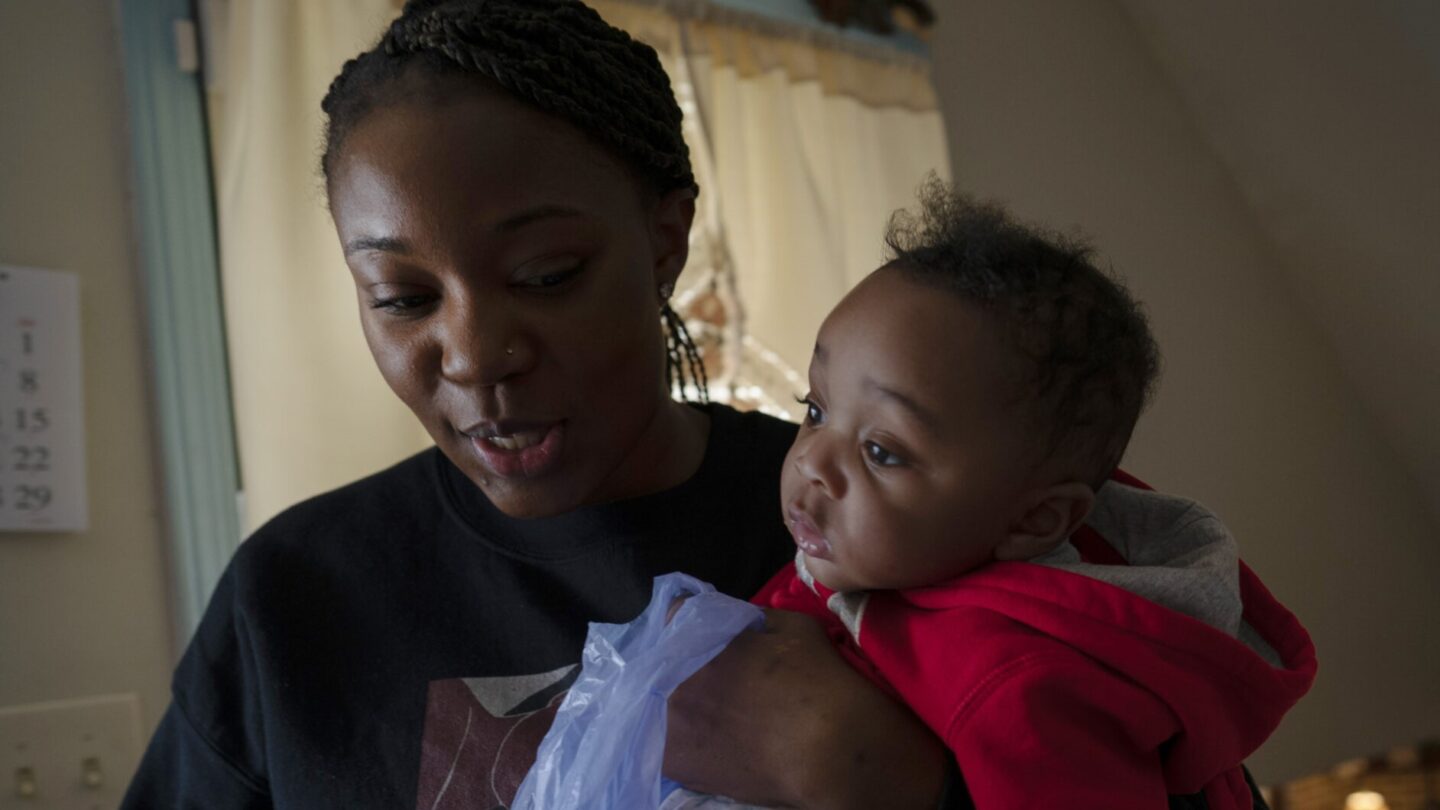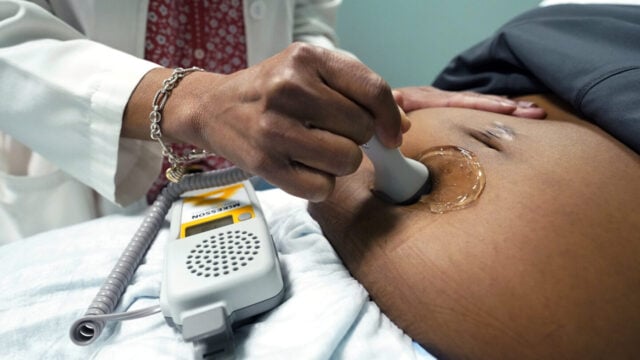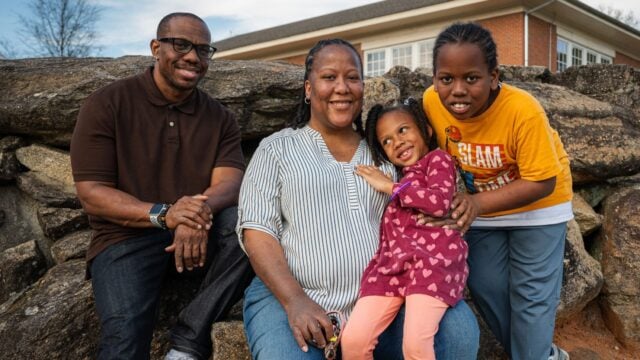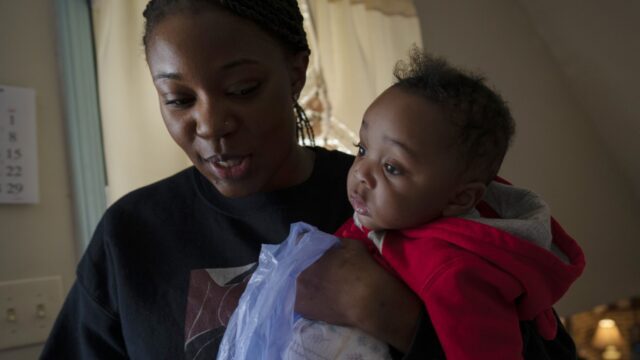Georgia continues to have one of the worst rates of pregnancy-related death in the United States. The Georgia Maternal Mortality Review Committee has found roughly 85% of these deaths are preventable.
And state agencies, healthcare providers and maternal health advocates in communities across Georgia are collaborating to try and curb the crisis, including with support from the White House Blueprint for Addressing the Maternal Health Crisis.
A key player in the national effort to address maternal mortality and improve maternal and child health outcomes is Dr. Wanda Barfield. She is the Atlanta-based U.S. Centers for Disease Control and Prevention’s director of the division of reproductive health at the National Center for Chronic Disease Prevention and Health Promotion.

In this conversation with WABE Health Reporter Jess Mador, Barfield talks about what the CDC is doing to save more lives during and after pregnancy in Georgia — and across the U.S.
“We know that pregnancy-related deaths, more than half of them occur after a week after delivery. That’s huge,” Barfield said. “Because what that says is, in addition to focusing efforts around hospitalization, around pregnancy and around delivery to prevent certain circumstances such as hemorrhage, we really also need to think about the health of postpartum women in their communities.”
The public health agency’s maternal mortality prevention programs include CDC’s Hear Her campaign, which promotes awareness of maternal health warning signs that could lead to life-threatening complications during and after pregnancy.
“If we can think fundamentally about how we all can contribute to identifying maternal warning signs like, you know, a headache that just won’t go away, swelling of the feet,” Barfield said. “There are a lot of signs that are available at the CDC website on Hear Her that talk about these things.”
“Then, the next step is how are providers receiving this information. You know, the quality of care and the standard of care that’s important to rapidly address these warning signs is going to make a difference,” she added.
This story is part of our series Missing Moms: Inside Georgia’s Maternal Health Crisis. Jess Mador’s reporting is part of a fellowship with the Association of Health Care Journalists supported by The Commonwealth Fund. It is produced in partnership with the Georgia Health Initiative.



















